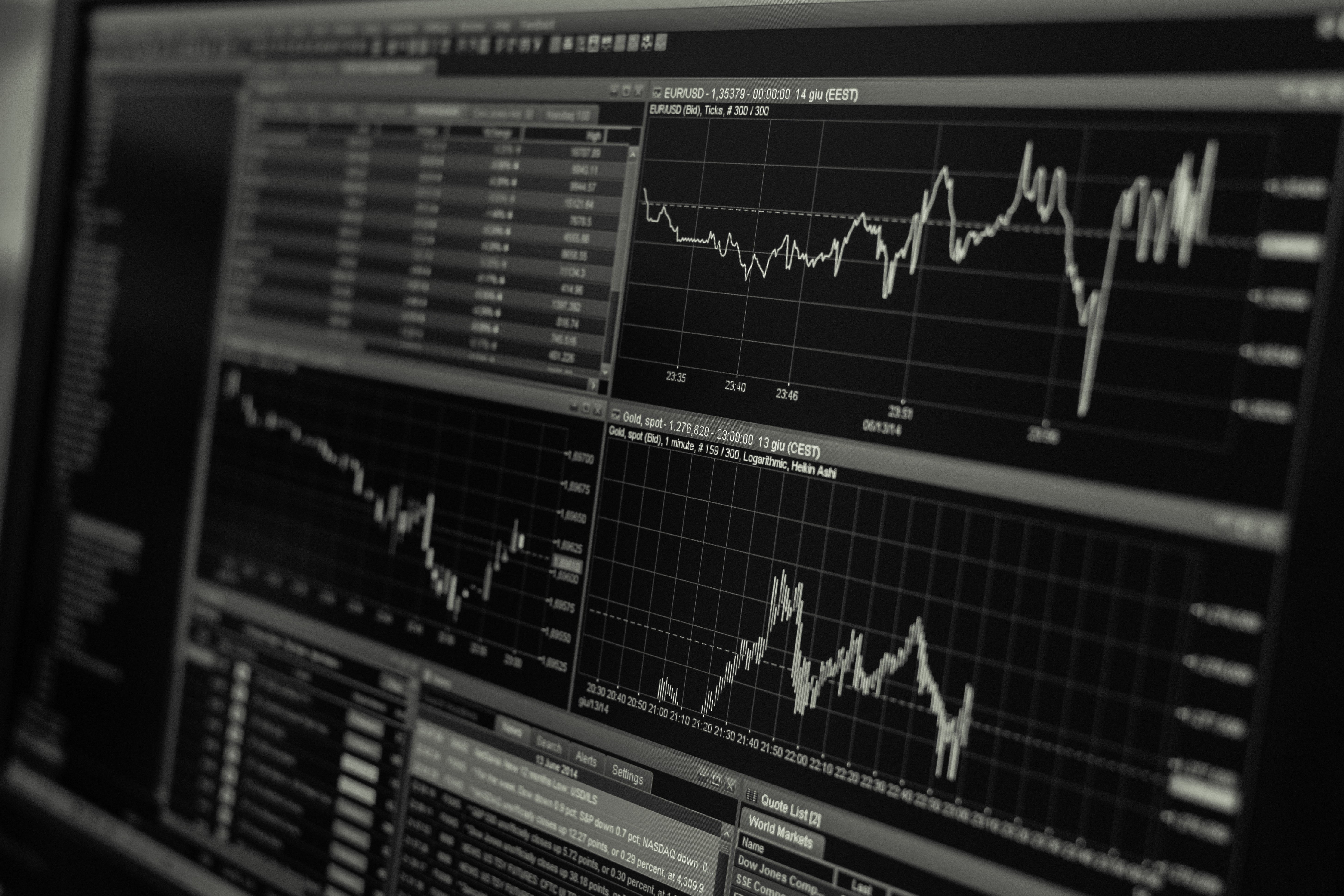WRAPUP 2-U.S. import prices rebound, but trend remains subdued

- Country:
- United States
U.S. import prices unexpectedly rose in July, but the underlying trend continued to be weak, pointing to subdued imported inflation pressures.
The report from the Labor Department on Wednesday suggested inflation could remain moderate despite a broad increase in consumer prices in July, which could allow the Federal Reserve to cut the interest rate further to limit the economic damage from the U.S.-China trade war. President Donald Trump on Tuesday said a 10% tariff due to be imposed on thousands of Chinese imports, including technology products, clothing, and footwear, on Sept. 1 would be delayed until Dec. 15.
But analysts said the move did nothing to ease concerns about the economy, which were amplified on Wednesday by the inversion of a key part of the U.S. Treasury yield curve, historically a reliable indicator of a coming recession. The Fed lowered its short-term interest rate by 25 basis points last month for the first time since 2008 citing trade tensions and slowing global growth. Financial markets have fully priced in another quarter-point cut at the U.S. central bank's Sept. 17-18 policy meeting.
"The U.S. inflation data have come in a little hot in July, but this won't deter the Fed from cutting interest rates in September," said Ryan Sweet, a senior economist at Moody's Analytics in West Chester, Pennsylvania. "We don't view the decision (to delay tariffs) as a de-escalation in the trade tensions between the U.S. and China." Import prices increased 0.2% last month as a rebound in the cost of petroleum products offset declines in prices for capital goods and motor vehicles, the government said. Import prices dropped 1.1% in June.
Economists polled by Reuters had forecast import prices would be unchanged in July. In the 12 months through July, import prices dropped 1.8% after decreasing 2.0% in June. U.S. Treasury prices rallied, with the yield on the U.S. 10-year Treasury note tipping 2.1 basis points below 2-year Treasury yields, the first time this spread has been negative since 2007, according to Refinitiv data.
Major U.S. stock indexes were down more than 2.2% while the dollar rose against a basket of currencies.
EXPORT PRICES REBOUND
In July, prices for imported fuels and lubricants rebounded 1.8% after falling 7.3% in the prior month. Petroleum prices increased by 1.9% after plunging 7.0% in June. Imported food prices fell 0.5%, the third straight monthly drop. Excluding fuels and food, import prices were unchanged last month after dropping 0.2% in June. The core import prices fell 1.5% in the 12 months through July.
The cost of imported capital goods decreased by 0.1% last month after falling 0.2% in June. The price of imported motor vehicles and parts declined by 0.3% last month. Prices for imported consumer goods excluding automobiles rose 0.2% after being flat in June. The cost of goods imported from China dipped 0.1% last month after falling 0.2% in June. Prices fell 1.6% in the 12 months through July, matching June's decline. Import prices exclude tariffs as the duties are paid by U.S. businesses and consumers.
"There is no sign in these data that China is absorbing the impact of higher tariffs through lower prices since the decline in import prices from China is in line with overall import price movements even though tariffs have fallen disproportionately on China," said John Ryding, chief economist at RDQ Economics in New York. This undercuts the White House's argument that China is paying for the tariffs.
The Labor Department report also showed export prices rose 0.2% in July, boosted by gains in prices for agricultural and nonagricultural products, after declining for two straight months. Export prices fell 0.9% on a year-on-year basis in July after decreasing 1.6% in June. Prices for exported agricultural products rose 0.4%, lifted by a surge in prices for soybeans, other animal feeds, nuts and vegetables. Prices for agricultural products jumped 3.7% in the 12 months to July, the largest advance since June 2017.
Prices for exported nonagricultural goods rose 0.2% in July after tumbling 1.0% in June. In the 12 months through July, prices dropped 1.5%.
(This story has not been edited by Devdiscourse staff and is auto-generated from a syndicated feed.)
ALSO READ
Battleground Pennsylvania: Trump holds rally, Biden plans tax speech as rematch heats up
Trump, in Pennsylvania, attacks judge as first criminal trial looms
Trump to host rally on Biden's home turf in northeast Pennsylvania, the last before his trial begins
Biden targets wealthy in Pennsylvania tour with a hometown visit
Biden and Trump face enthusiasm test in battleground Pennsylvania










